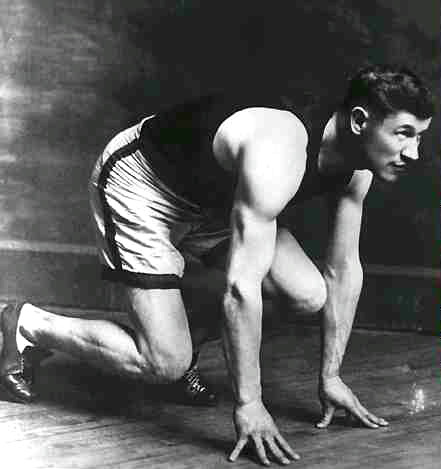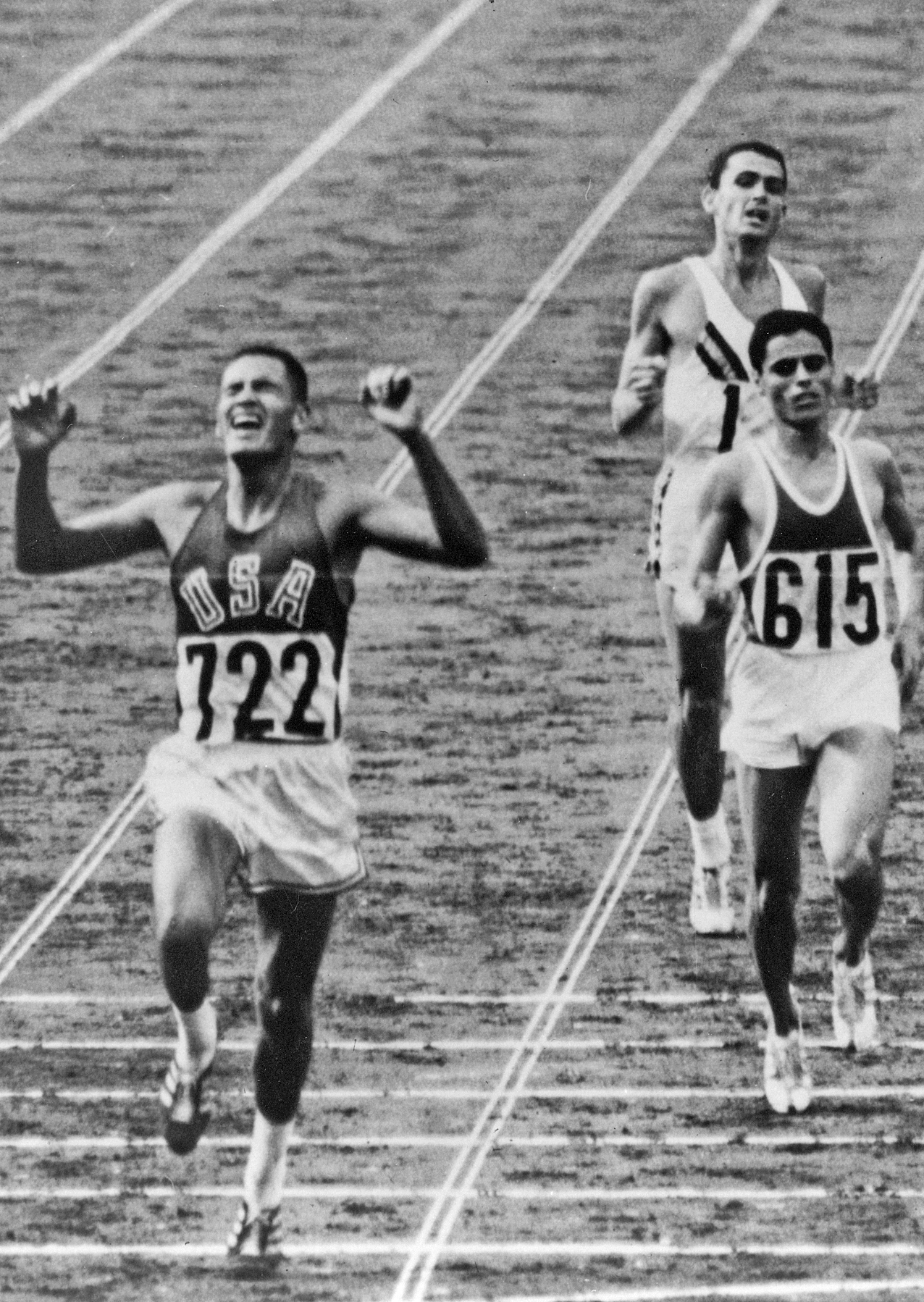
When I look for real inspiration, I find no stage bigger, no drama more gripping, no story more moving than those of the men and women who compete every four years in the modern day Olympic Games. 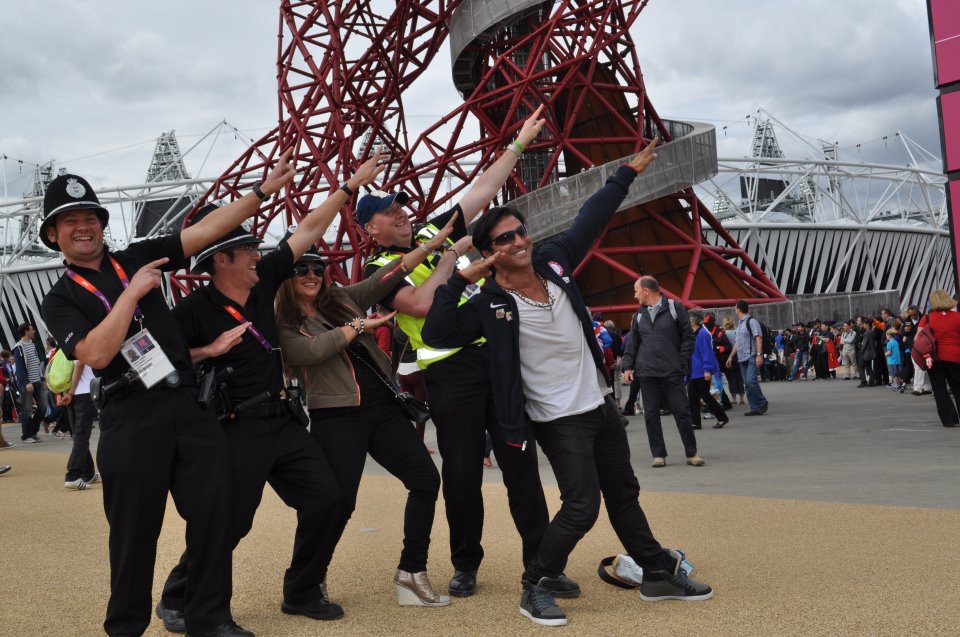 These modern day superathletes are known as Olympians.
These modern day superathletes are known as Olympians.
I had the pleasure of attending the 2012 Summer Olympic Games in London, England this past month. Great Britain spent billions of dollars getting ready for the games, which was not an easy sell to the British public in a recession year. Many of the hotels and Central London streets were affected by the poor turnout, hurting many of the local businesses. I asked a London cab driver what he thought contributed to this. He said folks were frightened away by the hotels tripling their prices and all the warnings given by the authorities to the locals to stay away from Central London during the games. Despite the difficulties, Team GB did deliver the most gold medals of any games for their home team. But when the dust had settled, the USA athletes walked away on top of overall medal counts with the most gold medals of all the nations, leaving China, who had the early lead, in second place.
Michael Phelps becoming the most decorated athlete of all time, with 22 medals (19 of which were gold) in three consecutive games. He truly became a demigod in the swimming arena.It was the fast times in the pool in the early swimming events that made the headlines, with Ryan Lochte also dominated his events, setting world records in the 200-meter individual medley, showing he could defeat his own teammate and proving Phelps is part human after all.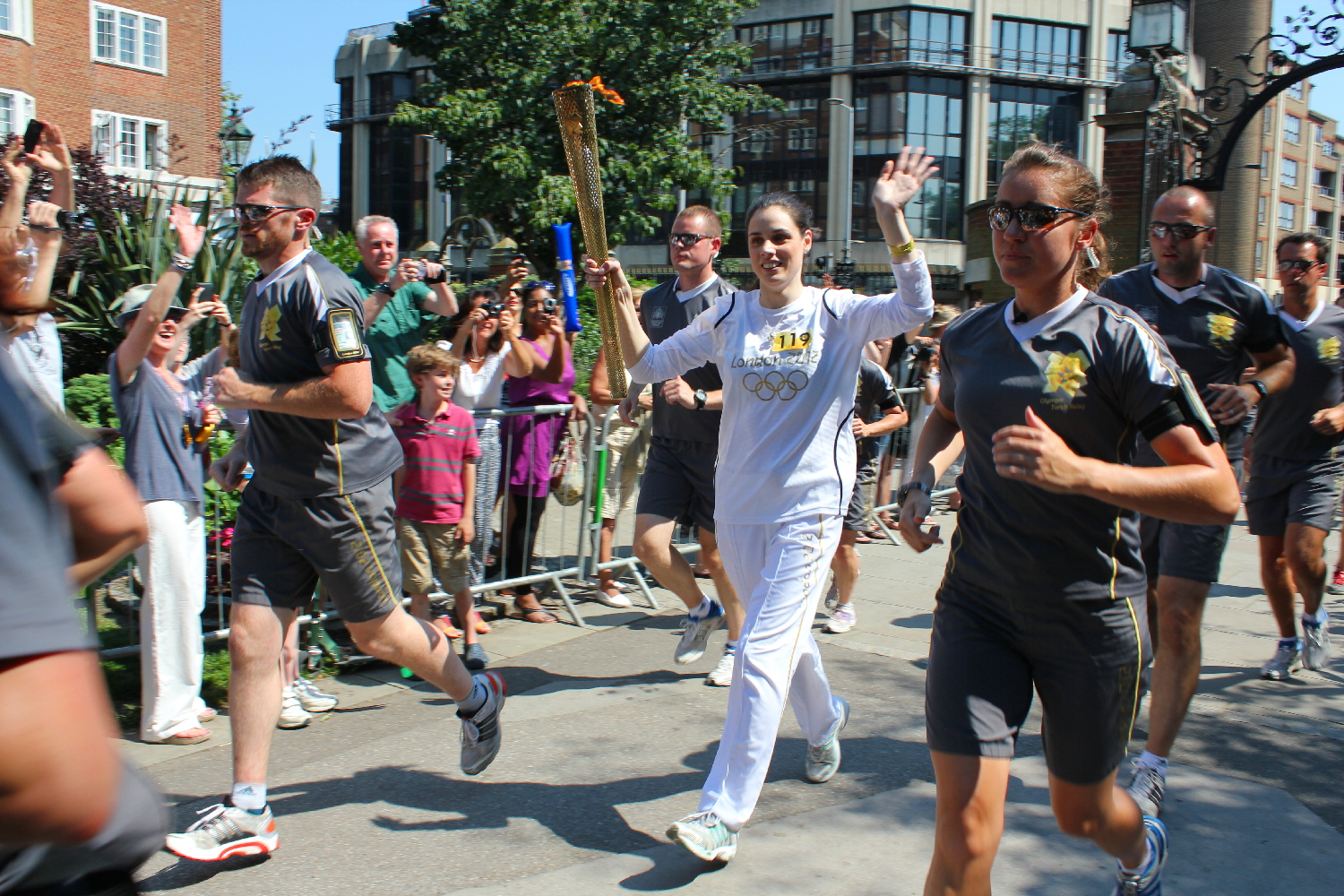
There were so many outstanding performances that stood out in these games, but none were more impressive than that of the South African 400-meter runner, Oscar Pistorius, who was born of Greek descent with a bone deformation that forced the doctors to cut off both of his legs from the thigh down. Yet despite this obvious handicap, he learned to run with prosthetic blade runners that were made especially for him. 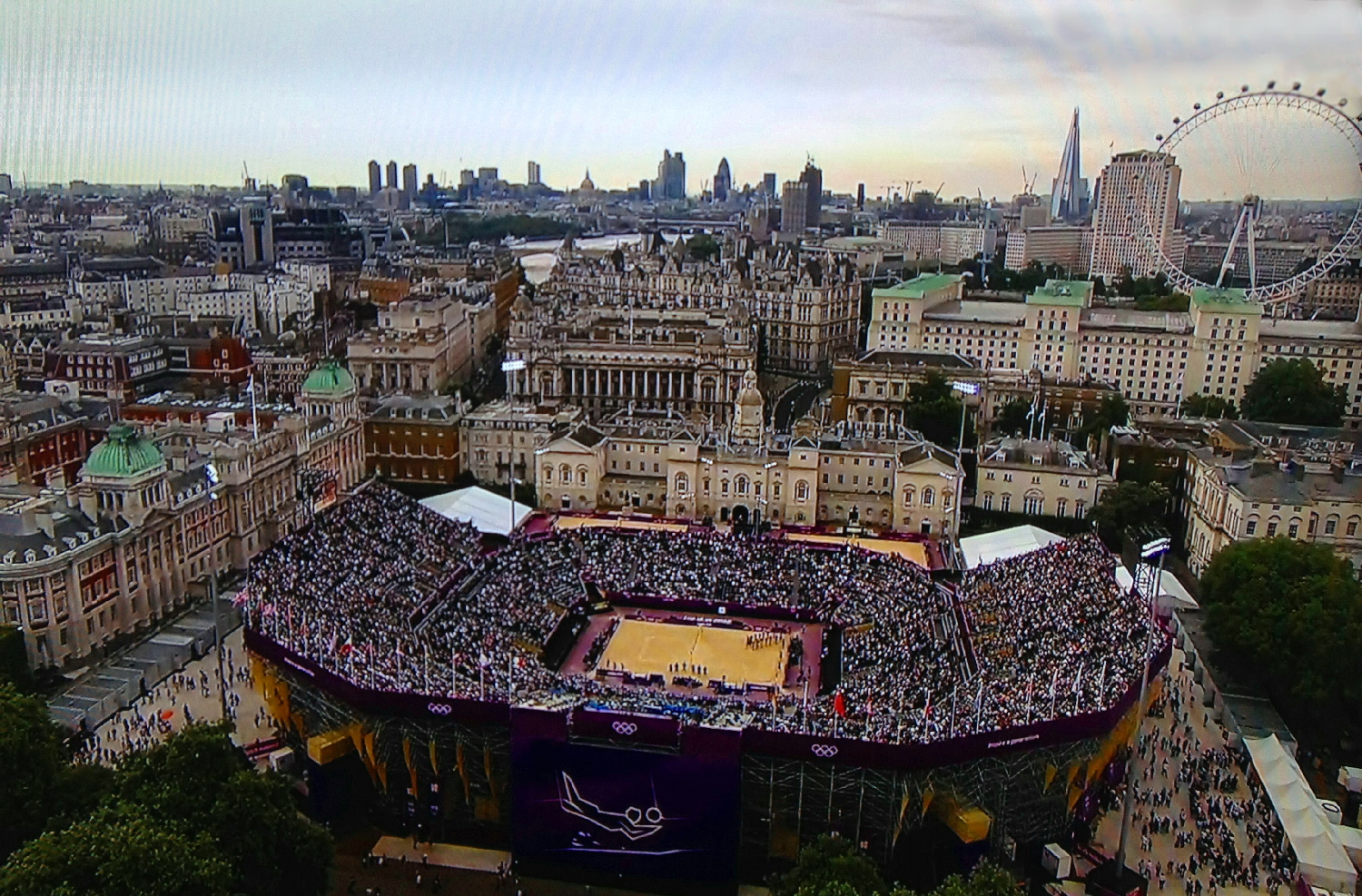 Oscar had to reach the Olympic qualifying time of 45.20 seconds for the metric quarter mile to be able to run with able-bodied world class athletes. Despite a few disagreements, the IOC eventually allowed him to run, making this the first time a double amputee would run in the Olympic Games. He reached the semifinals and ran the fastest quarter mile by any Greek with or without legs this year.
Oscar had to reach the Olympic qualifying time of 45.20 seconds for the metric quarter mile to be able to run with able-bodied world class athletes. Despite a few disagreements, the IOC eventually allowed him to run, making this the first time a double amputee would run in the Olympic Games. He reached the semifinals and ran the fastest quarter mile by any Greek with or without legs this year.
Aside from Michael Phelps, who mesmerized us by transcending human performance in the pool, there was another athlete who had the charisma and presence to stir the crowd into a frenzy. As several billion people tuned in to watch the 100-meter finals, the biggest star of track and field in recent times, Jamaican sprinter Usain Bolt, made history and became a legend by defending his 100 and 200-meter Olympic titles successfully -- something that had never been done before. He remains the fastest human who has ever lived.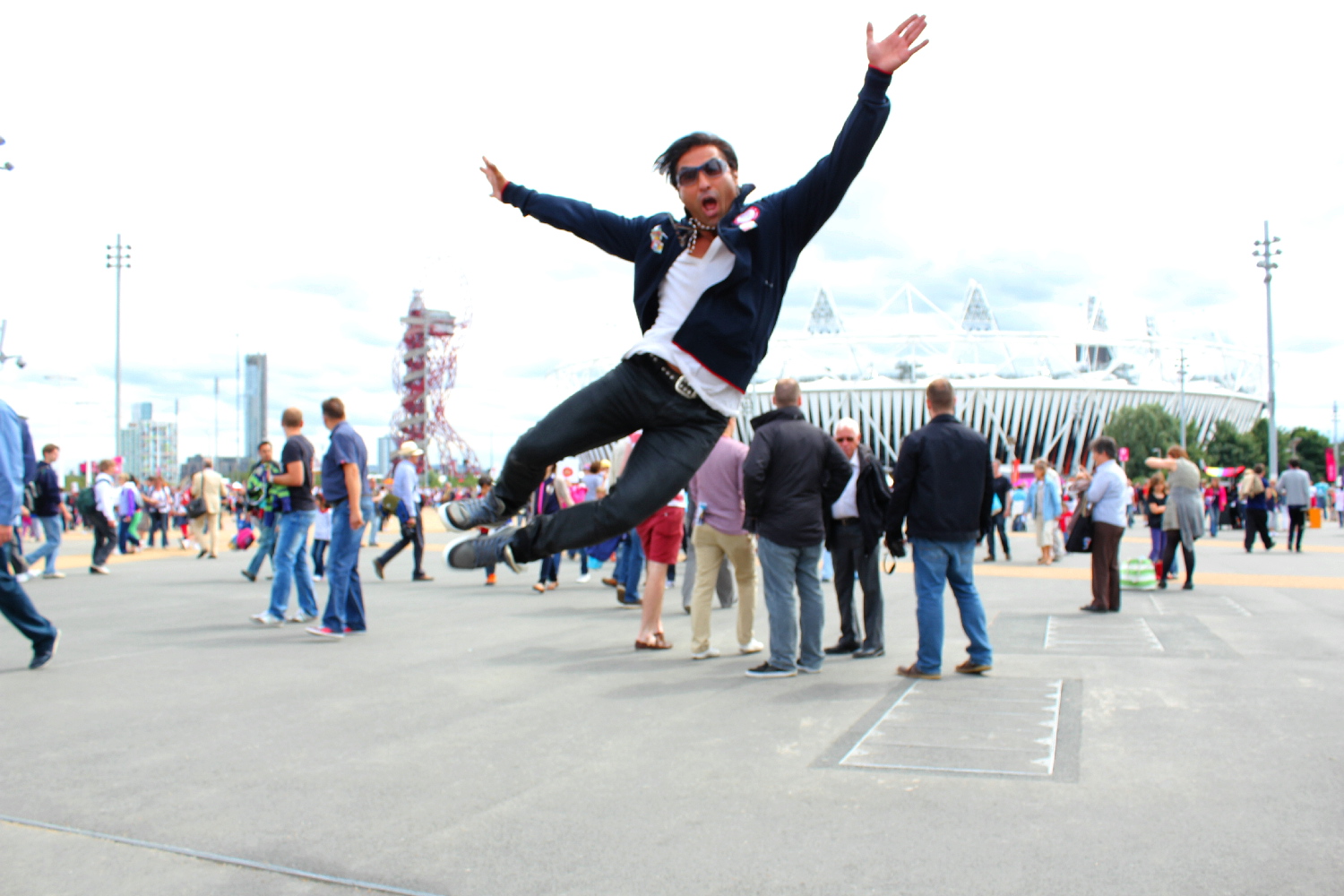
Usain's accomplishment was even more impressive considering that he was not at his peak for these games. But Bolt left no doubt that he is the greatest sprinter of all time by winning three gold medals. This includes the 4 X 100-meter relay, in which he ran the anchor leg for the Jamaican team, breaking the 37-second barrier for quarter mile for the first time in the history of track and field. Usain Bolt's style and personality has done wonders for the sport of track and field. He is considered by many to be the most marketable athlete in the world.
There were also a few surprises from athletes who found untapped reserves within themselves to deliver spectacular performances against the odds. I find these moments the most inspiring -- when the human spirit overcomes physical limitations to reach what is known as the "flow state" -- a moment where athletes can accomplish superhuman feats that not even they expect.
Kenya's David Rudisha was a perfect example. Despite having said he did not think he would be able to do it, he bested his own world record time in the 800-meter race, two laps of the track considered by many experts as one of the most grueling track events. This race is a flat out sprint beyond human aerobic treshholds. David Rudisha ran his heart out in an amazing race that he led from start to finish, becoming the first person to set the world record in this event on an Olympic track and dragging every other competitor in the Olympic finals to their national records and personal bests in the fastest and arguably the greatest half mile run ever witnessed.
Great Britain's Jessica Ennis treated her hometown crowd to a fantastically dominating gold medal performance in the women's heptathlon. With three personal best performances in the seven events, she became a national hero.
Then there were moments that seemed to promise a new era for all female athletes of the world. Swimmer Ye Shiwen of China set a new world record in the 200-meter individual medley, shattering the old record by shaving over five seconds off of it. Even more astonishing, she swam the final 50 meters faster than US swimmer Ryan Lochte had the day before in the same event, when he swam the second fastest time in history in the Men's 200 Medley!
Oksana Chusovitina, representing Germany, reset the upper age limit for female gymnasts... again. At 37 years of age, this was Chusovitina's sixth Olympic competition and she was still considered a medal contender after having won silver in the individual vault in Beijing at the 2008 games. Age no longer seems to be a limitation among world class athletes who are maintaining their form for decades. 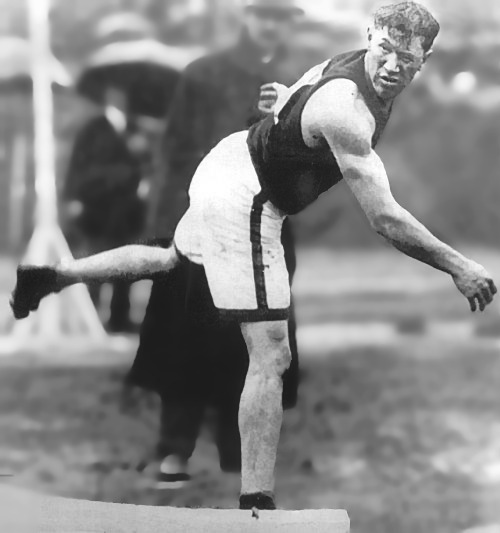
Then there were other moments that were memorable, but not because they were record- breaking. In one of the most moving displays of the 2012 Olympic Games, the entire stadium crowd rose to their feet to cheer Saudi 800-meter runner Sarah Attar as she approached the finish line. It did not matter that she finished more than 40 seconds behind the other runners in her heat. Her victory was huge, much larger than world records or medals. Her race marked the first time ever that women from Saudi Arabia and Qatar were allowed to compete on the track.
As I watched the different events, I was reminded of the history of the modern Olympic Games and how the original Latin words -- Citius, Altius, Fortius -- define the Olympic spirit -- Higher, Faster, Stronger!
I also thought about all the Native American athletes who have left their mark on the Olympic arena. Jim Thorpe who was voted the greatest athlete of all time, above Mohammad Ali and soccer player Pele, left his mark as the best all-around athlete ever. He could do it all -- run, jump, throw and play football, basketball, baseball, lacrosse and more.
Billy Mills is another Native runner who won the 1964 10,000-meter gold medal in the most spectacular fashion, coming from behind on the last turn to overtake the favorite two runners who were having their own race to the line.
In the end, above all the glory and the unfulfilled dreams, is the higher purpose of the Olympic Games. For 17 days, the world's nations put away their differences and political and religious issues in order to meet in an arena of competition where winning is not the only goal because qualifying and competing to proudly represent your nation is more important.
It is the sum of these moments that defines what the Olympic spirit is all about. After all, we are just earthlings trying to reach our highest potential. I left London with a wonderful feeling for the British people who truly did a great job of welcoming the world and hosting a memorable Olympic Games.
- London bobbies get in on the act with Jay and friends, emulating Usain Bolt's signature "lightning" pose
- Torch bearer and track cyclist, Victoria Pendleton, won the gold medal for the UK in the keirin (a 5.5 lap track bicycle race) and silver in the individual sprint.
- Beach volleyball in London, with a light drizzle
- Jay defying gravity at the Olympic Village at the 2012 games in London, UK
- Jim Thorpe, regarded by many as the greatest athlete of all time
- Jim Thorpe in the shot-put at the 1912 Olympic Games in Stockholm, Sweden
- Billy Mills at the 1964 Olympic Games in Tokyo, Japan
- Billy Mills in the 10,000-meter event at the 1964 Olympic Games
